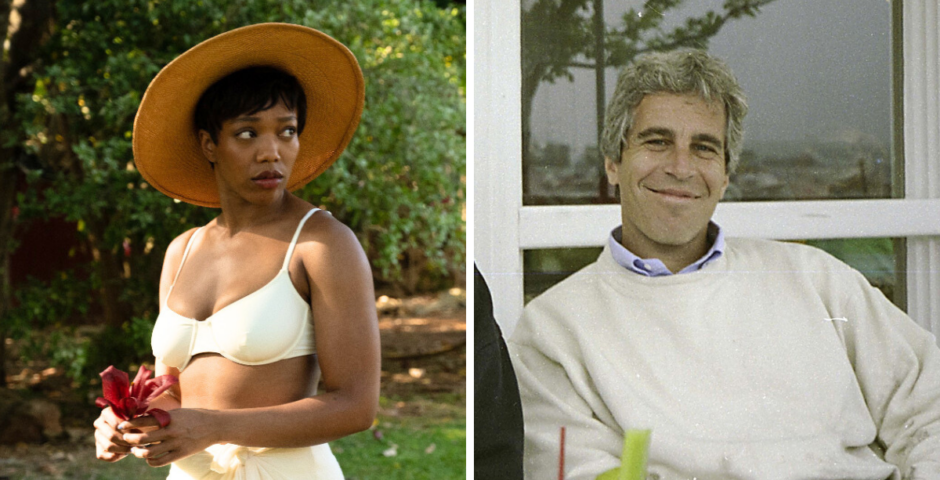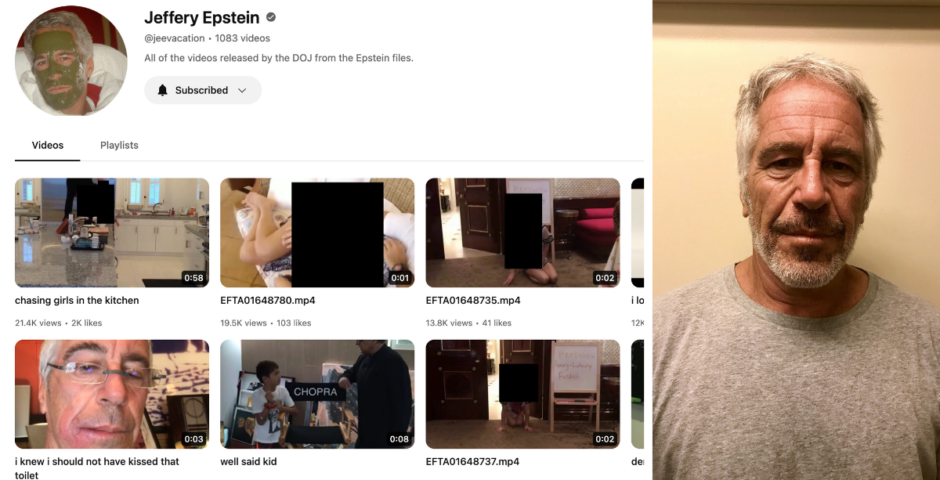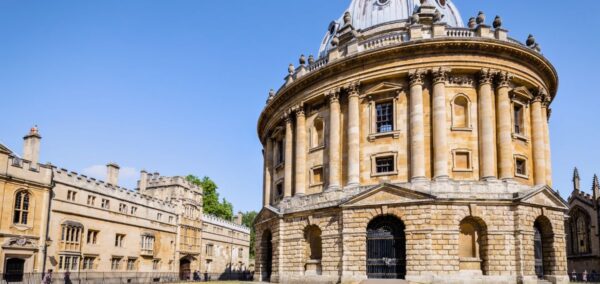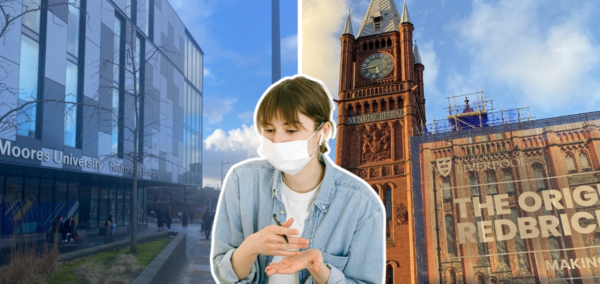
Oxford Brookes student found dead by housemate after receiving autism diagnosis
Harry John Bartram had ‘completed A-Levels with exceptional results’ despite struggling with anxiety
An Oxford Brookes student was found dead by a housemate after receiving an autism diagnosis in the weeks leading up to his suicide.
An inquest at Oxford Coroner’s Court last week (13th November) heard how Harry John Bartram’s body was discovered by a friend at their shared address on Southfield Road.
Harry was 21 years old at the time of his death on 21st July 2025, and had not been deemed at risk of self-harm, Swindon Advertiser reports.
When emergency services arrived, “there were no lifesaving opportunities”, and letters were found where Harry had said goodbye.
Bardley Bartram, Harry’s father, attended the inquest virtually and said his son had struggled with social anxiety for much of his life but “completed A-Levels with exceptional results”.
Harry was quiet as a young child and went through a stage of “selective mutism”, but after being tested for autism in 2011, he did not fit the criteria for a diagnosis.
The court heard how the 21-year-old had felt “distress about family estrangement” and had been finding it difficult to cope with his “autistic traits”.
Having first attended the University of Exeter, the student left after the first term and went to Oxford Brookes the following year.
Harry’s brother, Jack, was an Oxford Brookes student and was on hand to offer support.
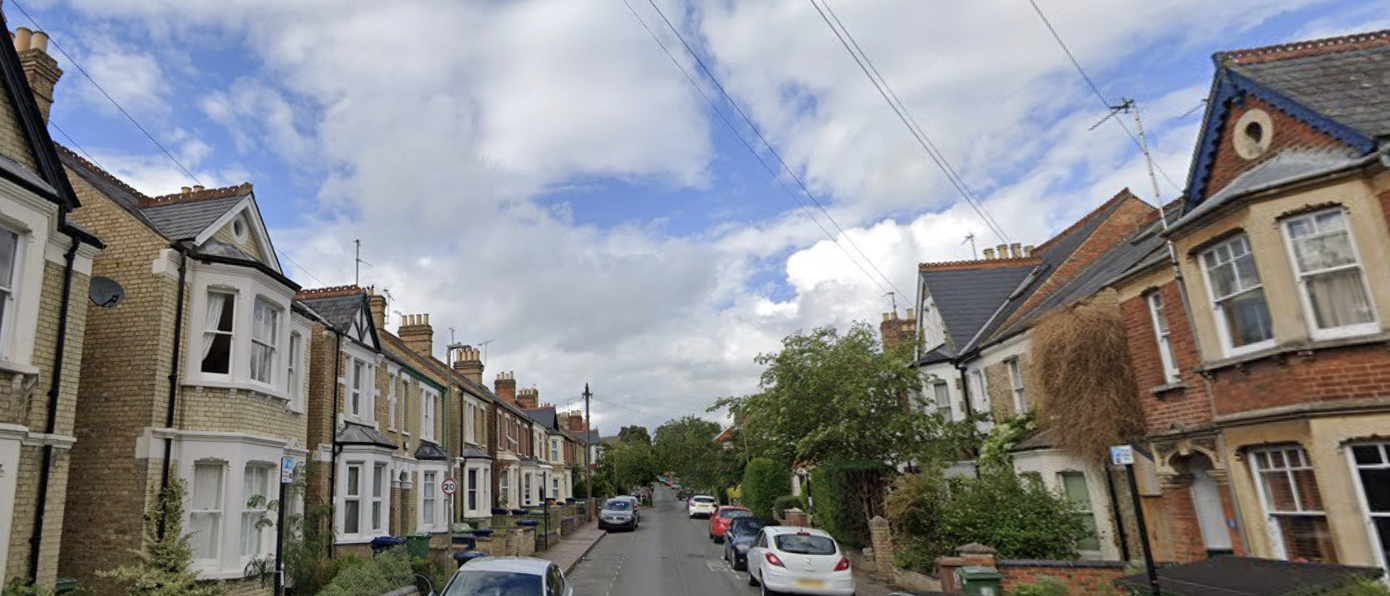
Southfield Road in Oxford
Harry was tested for attention deficit hyperactivity disorder (ADHD) at Oxford Brookes and received a diagnosis in March from Oxford Brain & Mind, which identified neurodiversity.
A few weeks before his death, the student was also diagnosed with autism.
Harry’s counsellor, Yolanda Frost, said she felt the diagnosis and its subsequent explanation carried negative connotations. Bradley, Harry’s father, said this was due to encounters his son had with an autistic child when at school.
Bradley added that Harry was worried about financial independence, self-sufficiency and forming romantic relationships.
The 21-year-old had been requesting a declaration of estrangement from his parents, which would have permitted greater financial assistance. A meeting to go through the request was scheduled for the days after his death.
Bradley said: “He continued to say that his struggles with us were deeply rooted in the way we brought him up.”
Harry’s father said health professionals advised the family to give their son space, as “therapists would be supporting him”.
The university, as well as Yolanda, Harry’s counsellor, had not deemed Harry to be at high risk of self-harm, with Harry telling Yolanda twice in the months preceding his death that he was not experiencing suicidal ideation.
If you have been affected by any of the topics raised in this article, Oxford students can ring Oxford Nightline on 01865 270270 from 8pm till 8am every night of the academic year.
You can contact the Samaritans at any time by calling 116 123.
Alternatively, you can contact Shout, a 24/7 text messaging service, by texting the word “Shout” to 85258.
Featured image via Google Maps

